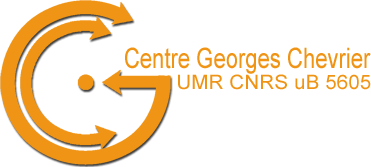THE PROGECT : LE ROCK PROGRESSIF ET LA RECHERCHE
response 2: A certain quality of time
- Écrit par Francois Ribac
Allan
I know neither Barbara Barry nor Jonathan Kramer’s theories about
musical time but I'll read them in the coming months !
I rather thought to Norbert Elias (Time. An Essay, Oxford: Blackwell,
1991) and articles and books about the rise of the clock in the 18 th
century and its importance in the Scientific Revolution. I use these
theories, who consider the social dimension of time, for "reading" the
different musical times: time signature, groove, length of the notes
and of pieces. Doing so, my goal is, firstly, to connect the musical
times with other forms of time (the time of social bodies for
instance) and, secondly, to try to evoke the specific experience we
make with a musical style. Of course what I call here experience is an
ideal type and varies with each person. Plus, I'm convinced that this
experience is historical and situated.
To end, a quick note about Yes ' Topographic Oceans. You are right,
it's a sort of concept album, a saga -which means a certain length-.
But, if I well remember, it's also an album where Steve Howe uses
often the fuzz effect, " à la Fripp" . In other words, his sounds
are longer than in the anterior records. Don't you think ?
PS A few years ago I wrote an essay -in french- about the relations
between musical time and social time : "La mesure, éléments pour une
(future) sociologie du temps musical" http://halshs.archives-ouvertes.fr/halshs-00327554/en/








